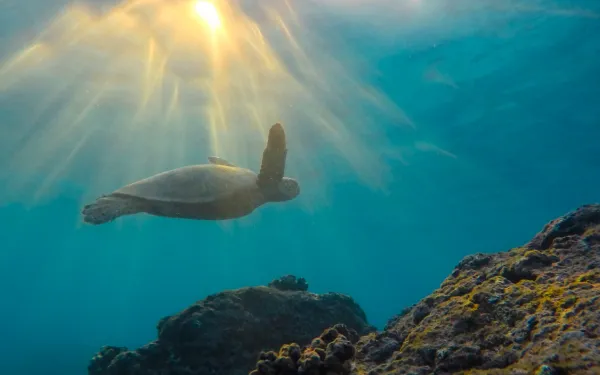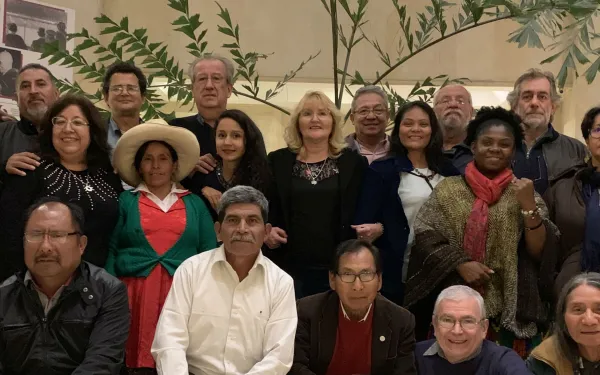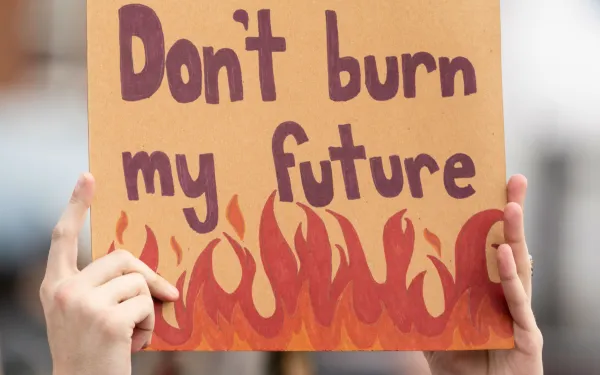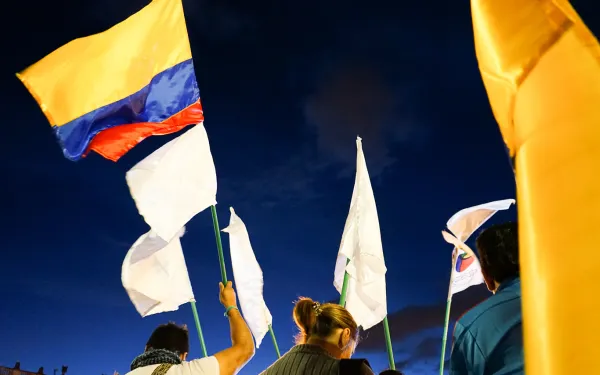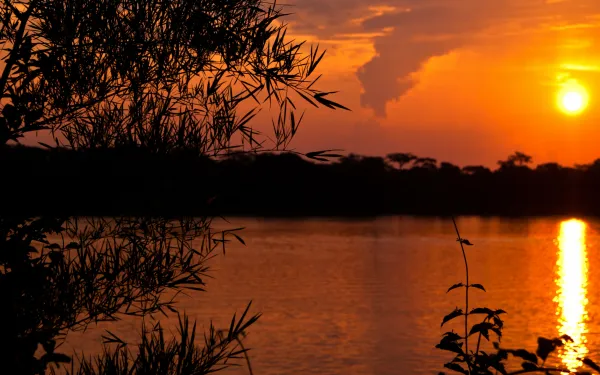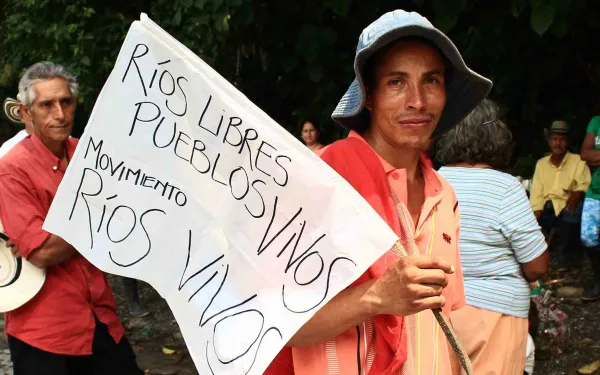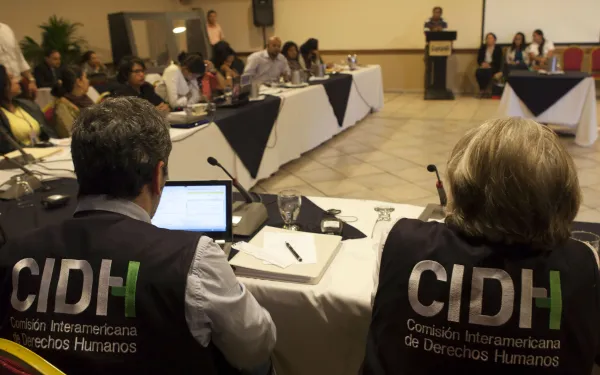New York – In an unprecedented move, more than 200 representatives of Indigenous Peoples, workers, academia, environmental and human rights groups adopted a landmark declaration calling on governments and corporations to urgently tackle the climate emergency in order to ensure the survival of humanity.
Gathered for the Peoples’ Summit on Climate, Rights and Human Survival, their goal is to unleash new power, energy, and resources to supercharge a connected, diverse, and action-oriented mass movement to overcome the climate crisis, by putting people and human rights at the core of its solutions.
These leaders and their groups seek to put pressure on governments and corporations to ramp up climate commitments. Among other initiatives, they plan to pursue more concerted climate litigation efforts, target the financial sector’s funding of fossil fuels, make more effective use of human rights accountability mechanisms, and coordinate more mass mobilization campaigns at national and regional levels. They also expect to agree on the implementation of a set of related action plans in the following months.
The Peoples’ Summit was organized by the United Nations Human Rights Office, Greenpeace International, Amnesty International, Center for International Environmental Law, Wallace Global Fund, and the New York University School of Law Center for Human Rights and Global Justice. The event is taking place on September 18 and 19, ahead of the United Nations Secretary General’s Climate Action Summit.
Craig Mokhiber, New York Office Director at the United Nations Human Rights Office, said:
“For those on the frontlines, climate change is already eroding the rights to food, water and sanitation, decent shelter, health, personal security, and even life itself. Many on small island states, in coastal communities, and in areas subject to creeping desertification are watching their right to self-determination slip away. Large-scale climate displacement threatens to force millions to undertake journeys of vulnerability and uncertainty. Ultimately, the adverse effects of climate change tear at the very fabric of human society. Every country must take urgent and meaningful action to address this threat to human rights. By bringing together the many strands of the climate justice movement, we seek to mobilize transformative, rights-based and inclusive climate action now.”
Jennifer Morgan, International Executive Director at Greenpeace International, said:
"The climate crisis is a human rights crisis. The human consequences of extreme weather disasters can be staggering, as we can see by the profound devastation and destruction left in the wake of Hurricane Dorian.
This declaration marks a new era of climate activism. Lead by the youth and together with our allies, we will all take action and confront those responsible. Weak governments and toxic corporate power will have nowhere to hide as we put people at the center of our demands, and seek climate justice for the communities least responsible but most vulnerable to this climate emergency.”
Kumi Naidoo, Secretary General at Amnesty International, said:
“The world’s most urgent struggle needs the power and diversity that the global people’s movement for human rights can bring. We come with key constituencies, energy, and skills to the fight for climate justice. But we have been punching way below our weight so far.
“Amnesty intends to do its part to change this. We want the Summit to help unleash the potential of the global human rights movement to protect present and future generations. United, we win.”
Carroll Muffett, President and CEO at the Center for International Environmental Law, said:
“The costs of continued inaction in the face of the climate crisis are measured in human rights, human livelihoods, and human lives. As Hurricane Dorian reminds us all too painfully, those costs are real and they are rising. Today’s declaration reflects a common commitment within the human rights community to put human rights at the center of the climate crisis, to phase out the fossil fuels that are driving that crisis, and to hold governments and companies accountable when they stand in the way.”
Ellen Dorsey, Executive Director at Wallace Global Fund, said:
“The human rights sector and movements from around the world are bringing new resources, a powerful global constituency of supporters, and unique human rights advocacy to the climate movement, calling for actions by governments and corporations commensurate with the scale and rapid pace of climate change to ensure the survival of humanity.”
Philip Alston, Center for Human Rights and Global Justice Chair at New York University School of Law, said:
“Climate change has been called a ‘false alarm’, but it is an alarm that will end up killing many of our children, and at least some of us. We read daily about large numbers of people dying of heat exposure, being drowned in floods or burned in wildfires, or just forced to flee their homes, but we fool ourselves that it won’t happen to us. While many of us are distracted on social media or determined to get on with normal life, the future disasters flowing from climate change are moving from possibilities to certainties. Human rights as we know them will be rendered increasingly meaningless unless we act immediately.”
Link to the online declaration.
Press contacts in New York:
Amanda Kistler, [email protected], +1 202-742-5832
Kharunya Paramaguru, [email protected], +44 7508-394415
Lauren Stackpoole, [email protected], +1 212-998-6069
Rodrigo Estrada, [email protected], +1 202-344-9292
Read more 